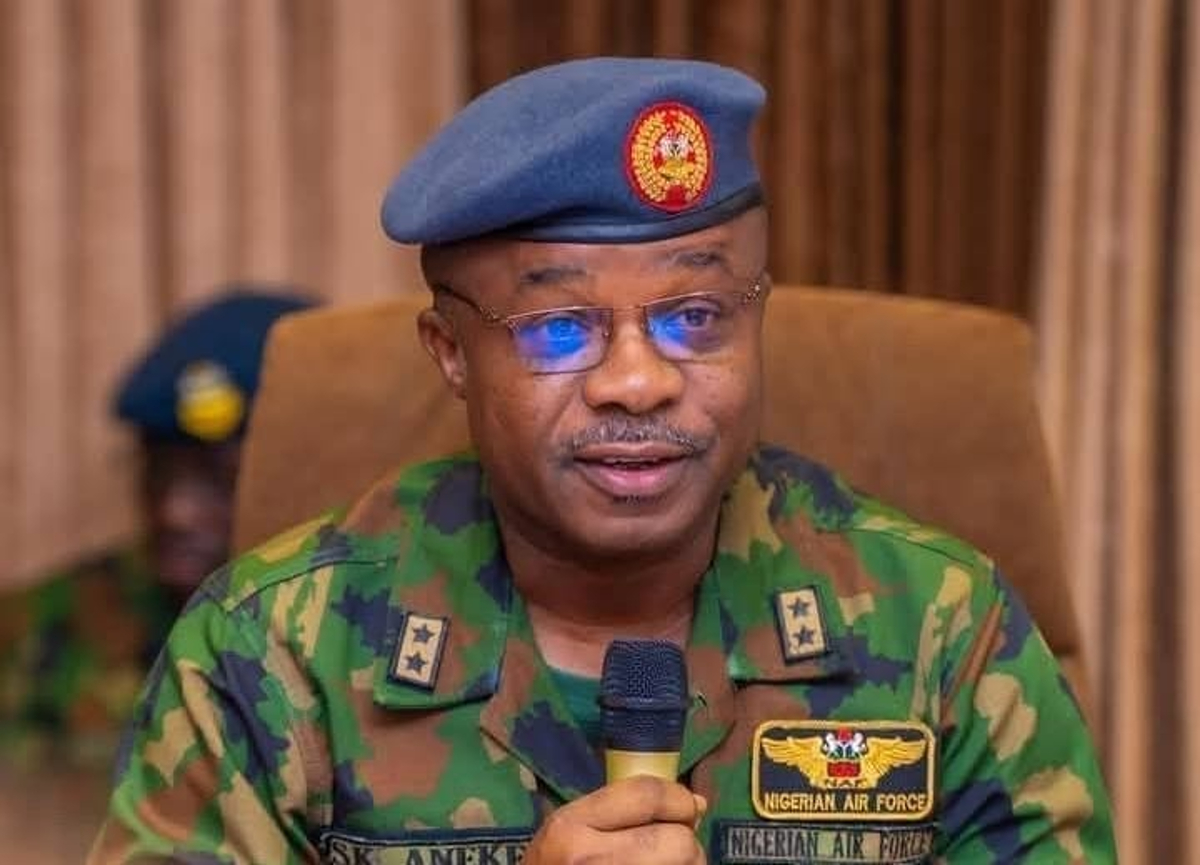Determined to curb the growing trend of drug abuse and its devastating impact on society, the Kano State Government has renewed its strategy with a community-based preventive campaign targeting the grassroots.
The strategy is being implemented through local council authorities, who are entrusted with fostering organic, locally driven solutions aimed at reducing the menace to the barest minimum.
Speaking at a training workshop for the 44 local government chairmen, organised by the Kano Reformatory Institute, Kano State Deputy Governor, Comrade Aminu Abdussalam Gwarzo, emphasized the pivotal role of council authorities in addressing drug abuse among rural dwellers.
Comrade Gwarzo, who was represented by the Commissioner for Youth and Sports Development, Mustapha Musa Kwankwaso, urged the chairmen to leverage their unique ability to influence, mobilise, and lead community-based responses to combat the menace.
He noted that drug abuse is not merely a health issue but also a social, economic, and security concern that affects families, disrupts communities, and undermines the future of the youth—hence the need for a coordinated and multi-sectoral approach to tackle it.
According to him, “This gathering reflects our shared commitment to strengthening local leadership and building a united front against one of the most pressing challenges facing our communities today: drug abuse.
“Confronting the challenge requires a coordinated and multi-sectoral approach, with local governments playing a pivotal role. Local government chairmen are the closest tier of leadership to the people.
“This training is therefore aimed at equipping you with the knowledge, skills, and reformative strategies required to effectively combat drug abuse at the grassroots,” Kwankwaso stated.
Earlier, the Secretary to the State Government (SSG), Alhaji Umar Faruq Ibrahim, disclosed the government’s readiness to strengthen the capacity of the Kano Reformative Centre in Kiru to sustain the rehabilitation and reformation services for the younger generation.
The SSG, who was represented by the Permanent Secretary at the Cabinet Office, Hajiya Bilikisu Mai Mota, applauded the laudable programme and the unwavering dedication of the reformatory’s management towards building the foundation for a stronger and healthier community.
The convener of the event and Coordinator of the Kano Reformative Centre, Cheryl Aminta Kwagga, expressed concern over the alarming level of drug abuse in Kano and its impact on the moral fabric of society.
Kwagga noted that drug abuse destroys families, fuels insecurity, and cripples the potential of the youth, hence the urgent action from government on reformation and rehabilitation.
She explained that the training could not have come at a more appropriate time than now, as local council authorities hold significant influence and popularity among the grassroots population.
The Coordinator revealed that the centre is looking forward to expanding across the three senatorial districts and currently has 3,500 clients undergoing rehabilitation.
Heads of security and paramilitary agencies, including the National Drug Law Enforcement Agency, Nigeria Security and Civil Defence Corps, Nigeria Police, and other paramilitary bodies, called for stronger and collective efforts to rid Kano of the menace.






